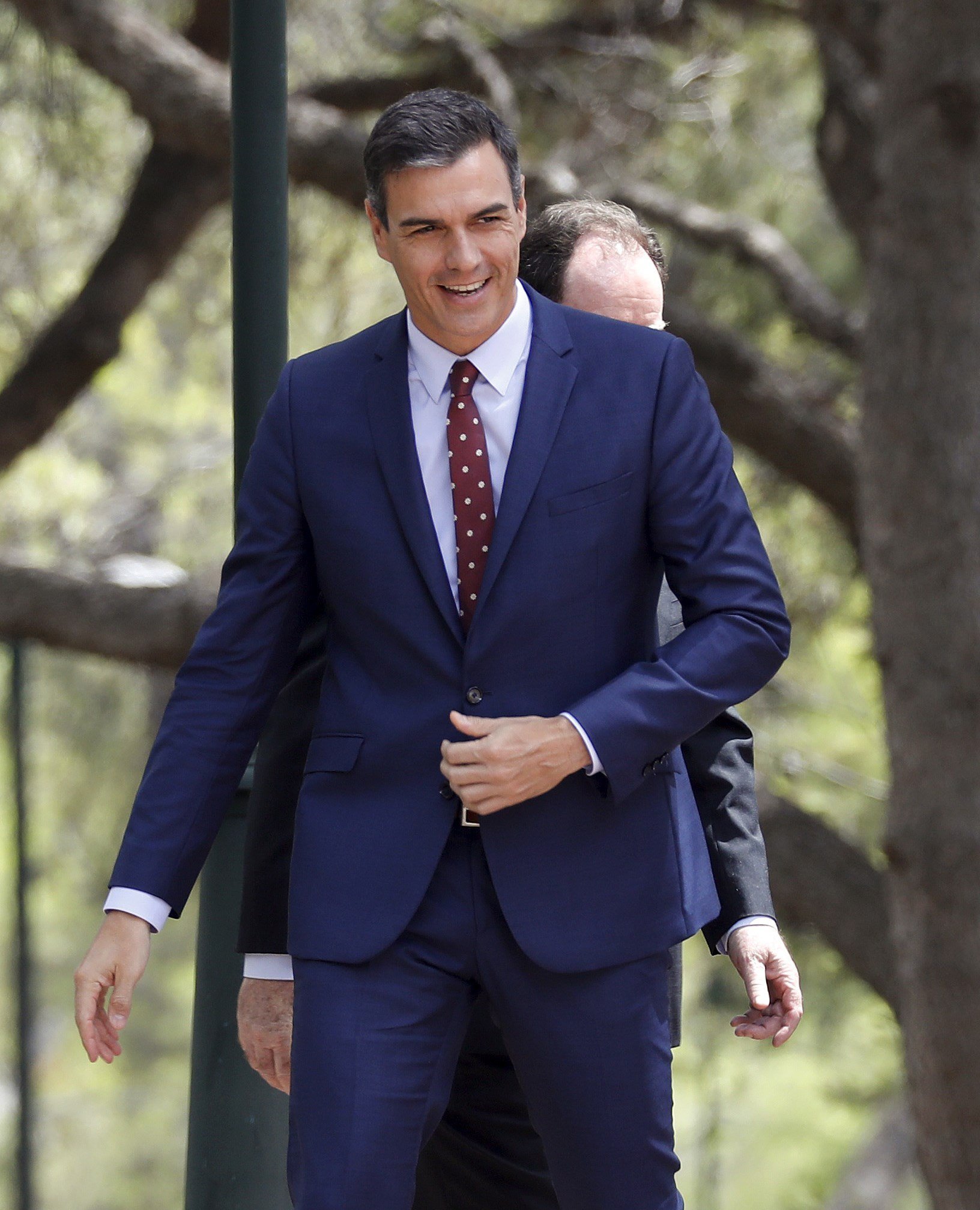Acting Spanish prime minister Pedro Sánchez will only present himself as a candidate to lead a new Spanish government in September "if he has the support", according to the spokesperson for the acting executive, Isabel Celaá.
At the press conference after this Friday's Spanish cabinet meeting, Celaá stated that the offer to form a coalition government with the left-wing Unidas Podemos (UP), which failed in July, is no longer on the table as "that train has already left the station". For this reason, she said, the Socialist (PSOE) party is now aiming to win the support of the UP group in an agreement on its planned policy programme, based on the document that Sánchez will present next Tuesday.
Celaá stressed that this new document contains 300 proposals to unblock the process of forming a new Spanish administration and is an initiative "designed for four years of government" which will include "a good part" of the ideas that Pablo Iglesias's UP group shared with the Socialists on 20th August. And he added that it is "open to modifications."
Payments pending to regions
The Spanish government spokeswoman stated that the finance ministry continues to seek alternative formulas "within legality" in order to make the outstanding payments for 2019 to the country's autonomous communities. However, Celaá argued that for now the executive does not have sufficient margin to pay the huge sums owing because it is governing provisionally and, in the opinion of the state solicitors, is thus unable to forward advances.
Celaá recalled that the government budget for 2019 included the payment of these advances and once again blamed the political blockade for the problem. She regretted that "we have no budget and are a provisional government."
The Spanish government undertook this week to pay the outstanding debt as soon as Pedro Sánchez was voted prime minister.
Humanitarian crisis
Celaá asserted that "the Spanish government acted correctly" in the crisis focused on the migrant rescue ship Open Arms, now that the 15 migrants that Spain pledged to host have arrived this Friday in an Andalusian port, aboard the Spanish navy vessel Audaz.
On this issue, the spokeswoman maintained that the Spanish government has upheld the two main goals it specified when it came to government: "to save lives, first of all, and to work to ensure that Europe makes a commitment at EU level" .
She also stressed that the Open Arms crisis "has highlighted the two different models that exist in Europe, represented on one side by the government of Spain, and on the other, by the Italian interior minister, Matteo Salvini".
Ready for Brexit
With regard to the Brexit situation, Celaá stressed the importance of the decree law passed by the Spanish government in March, which outlines the measures to be taken in response to the United Kingdom's departure from the EU in the event that no agreement is reached between the two parties before the October 31st deadline. She also recalled that the Popular Party had opposed the measures in March.
Celaá repeated that the government would prefer not to have to apply these measures which it agreed on with the UK authorities, but emphasised the importance of having approved the plan, which could become effective in the case of a no-deal Brexit.
The measures are unilateral but are subject to reciprocity by the United Kingdom. Under the decree, if the United Kingdom ends up leaving the EU abruptly, the approximately 400,000 British citizens living in Spain will have until December 31st, 2020 to apply for their Foreigner Identity Card (Tarjeta de Identidad de Extranjero, TIE), the document that will certify their legal residence in Spain.
The Spanish government hopes that all of the TIEs applied for will be ready within 21 months of the date of the UK's departure from the EU.

